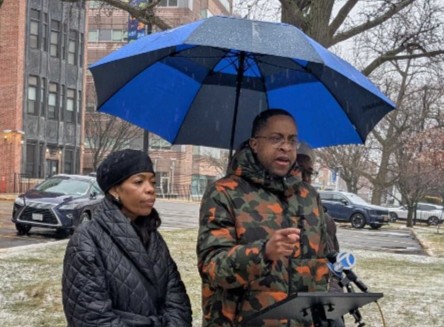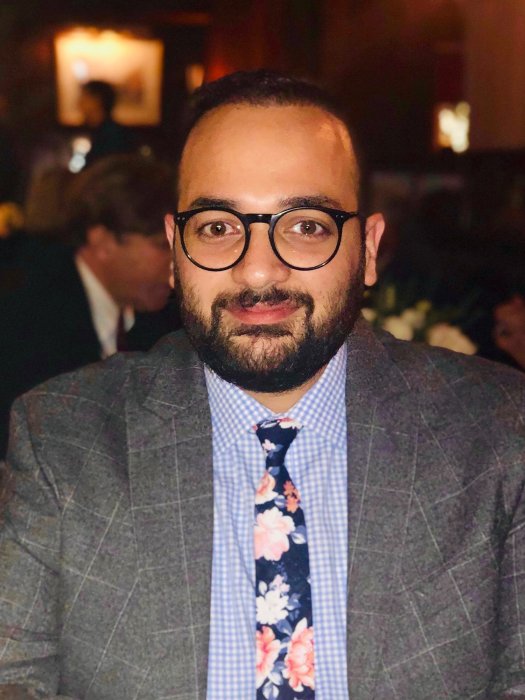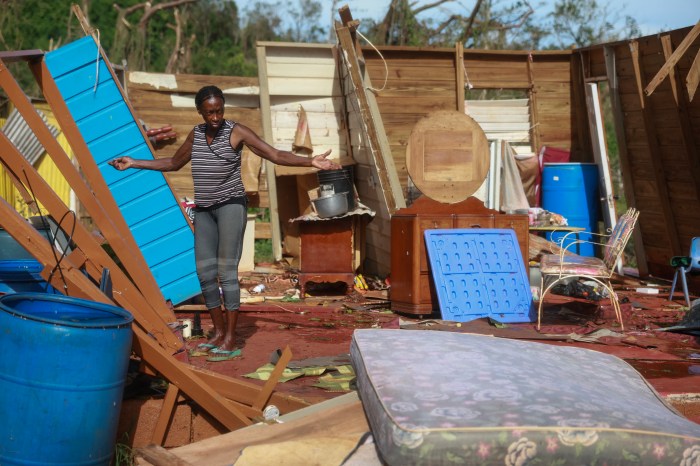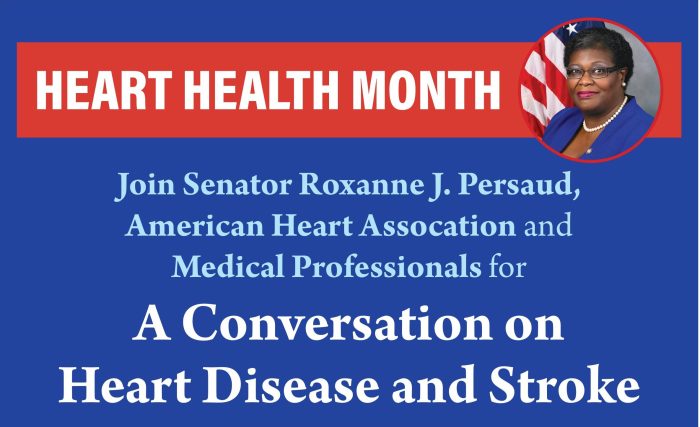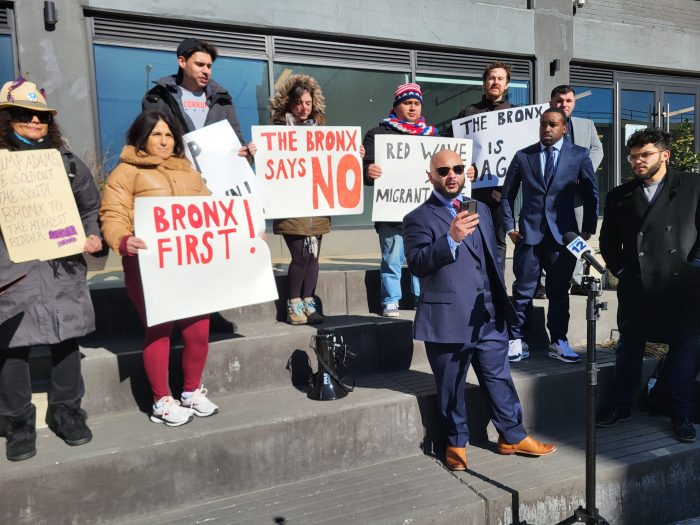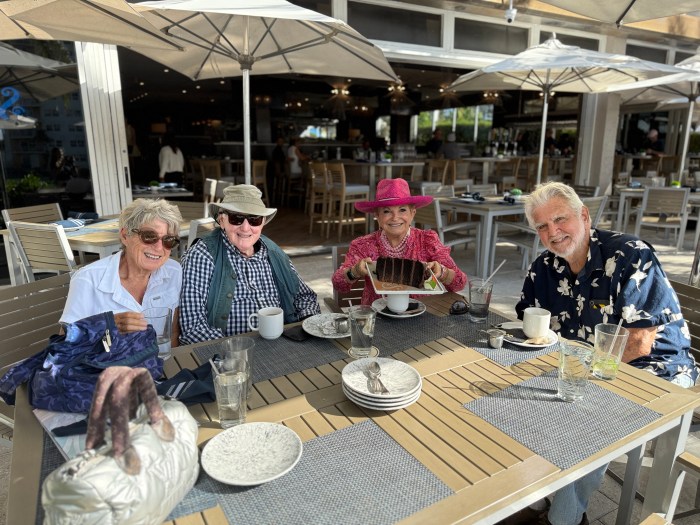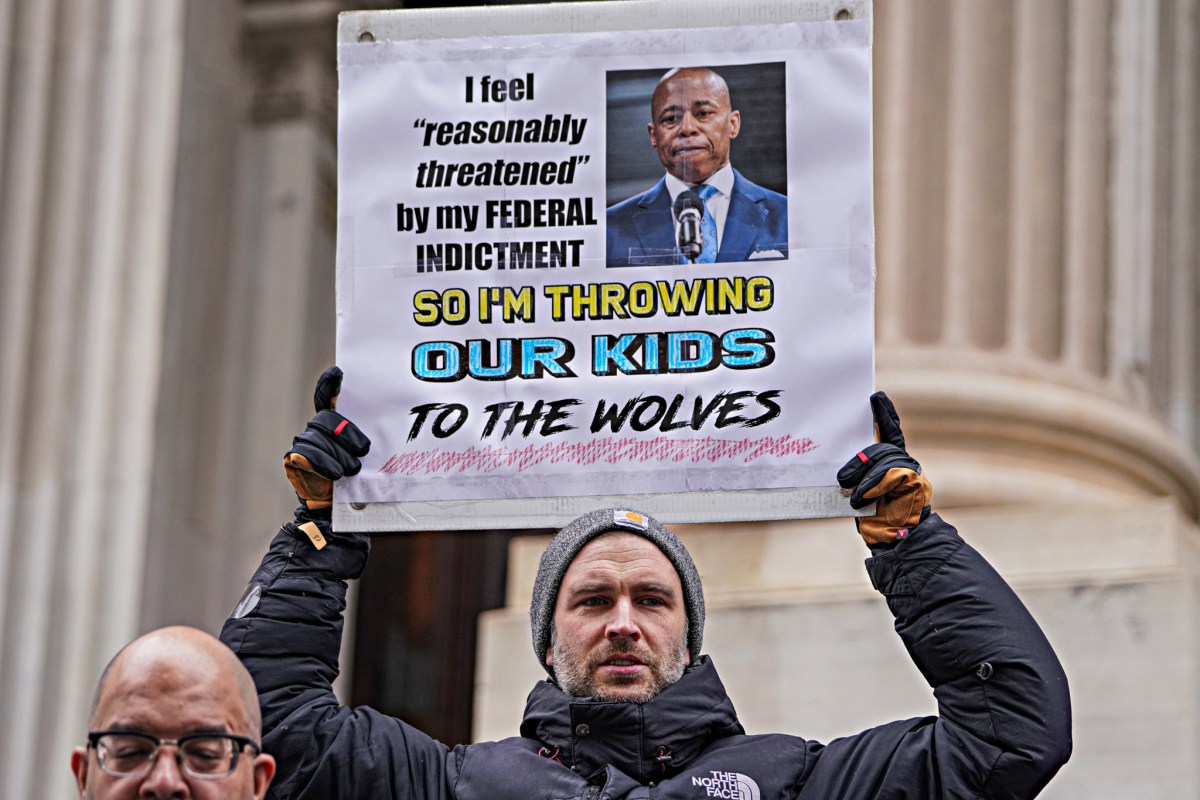During recent years, the NYPD’s policy on Stop and Frisk has become one of the defining civil rights issues of our time. Across the city, New Yorkers are calling for reform of a strategy that targets people of color and erodes trust in immigrant communities.
Moreover, now that the Secure Communities program is active in New York, the consequences of stop-and-frisk may include “deportation and the breakup of families,” according to Chung-Wha Hong, executive director of the New York Immigration Coalition.
We need to speak with one voice on this issue, so I invite you to join with me and a host of community leaders in a Father’s Day March on June 17, where we will be calling attention to an NYPD policy that stops thousands of our fellow citizens every day–some 700,000 last year—and the vast majority for no reason at all.
We are not marching against the men and women in blue. I agree with Mayor Bloomberg and Commissioner Ray Kelly that New York’s dramatic reduction in crime is one of the City’s proudest achievements. It is a crucially important trend that underpins our economic vitality, our neighborhoods, and our quality of life.
But recent statistics about Stop and Frisk paint a troubling picture of how this policy is being implemented in immigrant communities and other neighborhoods across our city. In 2011, the number of stops was roughly seven times higher than the number in 2002.
• In 94 percent of stops, no arrests were made.
• In 86 percent of cases, the person stopped was either black or Latino.
• In 99.9 percent of stops, no gun was found.
Don’t get me wrong – there are times when police are justified in stopping and frisking subjects they deem to be a real threat. But we need to base these stops on something more than “furtive movement,” which today is the most commonly checked box by police officers when asked to explain a stop.
The 4th Amendment right against unreasonable searches has been clearly defined by the courts: The only legal justification for a stop is when an officer has a reasonable suspicion, based on facts—not on a hunch, and certainly not the color of someone’s skin—that the individual being stopped has just committed a crime or is about to.
Anything else is a clear violation of the U.S. Constitution.
I am encouraged that the NYPD has expressed some openness to improving training and accountability around stop and frisk. But much more needs to be done.
We need to build bridges of trust and respect into every neighborhood by exploring innovative policing strategies that have worked in other cities, like Chicago, Boston and Cincinnati. These are strategies that work with communities, not against them, in the battle to reduce violent crime. It’s a message I delivered nine months ago at an address in Riverside Church in Harlem, and since then I have spent many Sundays listening to congregants in other churches talk of the fear – and despair – they feel about a Stop and Frisk policy that so clearly targets people of color.
Last fall, I called on the Department of Justice to launch a probe of our Stop and Frisk program to see if civil rights are being violated. And I was proud to have worked with all 12 Manhattan Community Boards when they unanimously passed a resolution calling for reform of stop and frisk. But now all of us – from all parts of the city – must come together and make our voices heard.
That’s why I hope you’ll join us for our march on Father’s Day, June 17 at 3:00 p.m., on 110th St. between Fifth Ave. and Lenox Ave. New York City can be tougher on crime by being smarter on crime. Once we do that, we’ll make this a better, safer city for all of us.
The author is the borough president of Manhattan.


